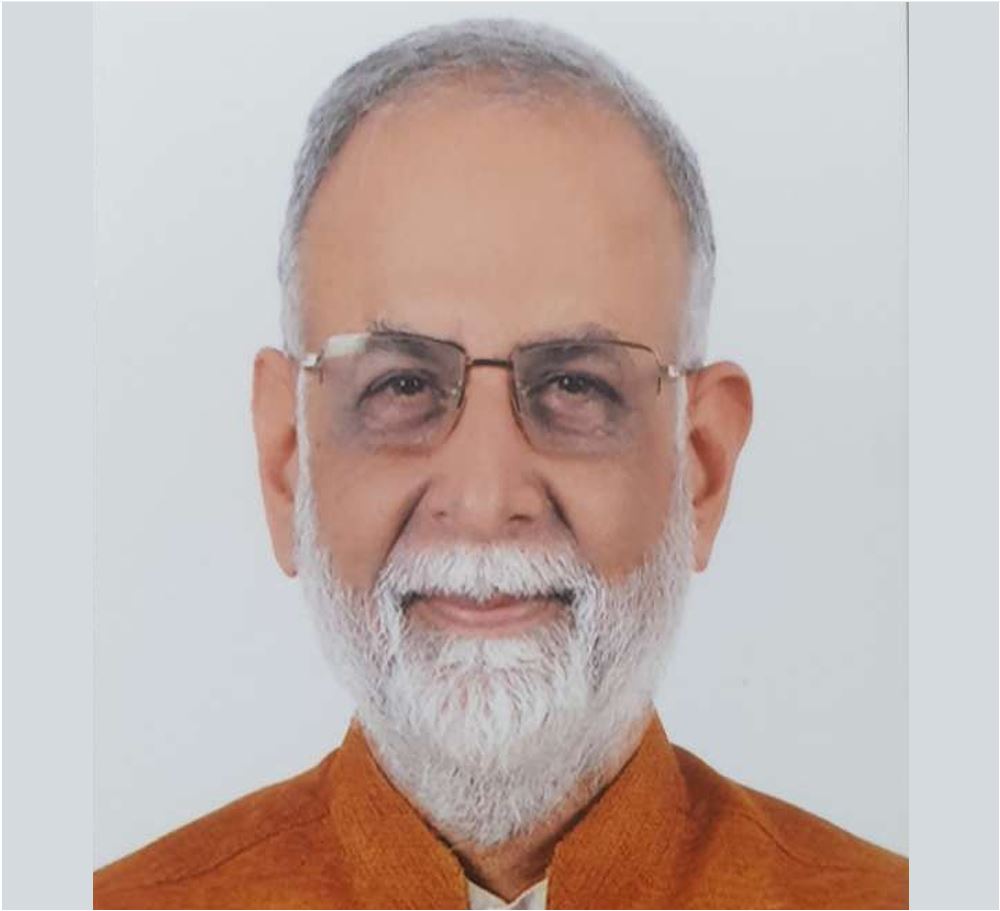Prof.(Dr.) Sanjiv Kumar

In the ever-evolving field of public health, experts like Dr. Sanjiv Kumar is at the forefront for paving the way for change. In a recent episode of the InnoHEALTH Podcast, Dr. Kumar shared his valuable insights on the challenges, opportunities, and future directions of public health in India. As a seasoned public health expert, his perspectives offer a roadmap for navigating the complexities of healthcare in the 21st century.
Enhancing Healthcare Accessibility
One of the most pressing issues discussed was healthcare accessibility. Prof. Kumar noted that despite significant advancements, there remains a stark disparity in access to healthcare services, particularly in low- and middle-income countries. He argued that healthcare should be a universal right, not a privilege reserved for those in urban or economically advantaged areas.
To address these disparities, Prof. Kumar suggested several strategies. He advocated for the expansion of mobile health units that can reach remote and underserved communities, providing essential medical services and screenings. Additionally, he highlighted the potential of telemedicine to bridge the gap in areas where physical healthcare infrastructure is lacking. However, he cautioned that the success of these initiatives hinges on the availability of internet connectivity and digital literacy in these regions.
Prof. Kumar also stressed the need for governments and international organizations to invest in strengthening healthcare systems in these countries. This includes not only building physical infrastructure but also training local healthcare workers and ensuring that they have the necessary resources to deliver quality care.
The Shift Toward Preventive Healthcare
Prof. Kumar devoted a significant portion of the discussion to the concept of preventive healthcare. He argued that healthcare systems worldwide are overly focused on treating diseases rather than preventing them. This reactive approach, he suggested, is unsustainable in the long term, particularly as populations age and the prevalence of chronic diseases increases.
Preventive healthcare, according to Prof. Kumar, should be a priority for both policymakers and healthcare providers. He advocated for increased public health education, encouraging people to adopt healthier lifestyles that reduce the risk of diseases such as diabetes, heart disease, and cancer. Prof. Kumar also pointed to the importance of regular screenings and early detection programs, which can significantly improve outcomes by catching diseases at an earlier, more treatable stage.
He called for more investment in community-based programs that empower individuals to take charge of their health. These programs, he argued, should be tailored to the specific needs of different populations, taking into account cultural, social, and economic factors that influence health behaviors.
Addressing the Healthcare Workforce Crisis

The conversation also covered the challenges faced by the healthcare workforce, particularly in light of the COVID-19 pandemic. Prof. Kumar acknowledged the extraordinary efforts of healthcare workers during the pandemic, but he also highlighted the significant strain that the crisis has placed on them.
He noted that many healthcare systems are grappling with a shortage of trained professionals, which has been exacerbated by the pandemic. This shortage not only affects patient care but also contributes to burnout and mental health issues among healthcare workers.
To address this crisis, Prof. Kumar proposed a multi-faceted approach. He called for better support systems for healthcare workers, including mental health resources and professional development opportunities. Additionally, he emphasized the need for policies that promote the recruitment and retention of healthcare professionals, particularly in underserved areas.
Prof. Kumar also discussed the importance of creating a more resilient healthcare workforce, capable of adapting to future challenges. This includes investing in continuous education and training programs that keep healthcare workers up to date with the latest medical advancements and technologies.
Digital Transformation in Healthcare
Digital transformation was another key theme in the discussion. Prof. Kumar highlighted how the healthcare industry is increasingly leveraging digital technologies to improve care delivery, enhance patient outcomes, and reduce costs. From electronic health records to AI-driven diagnostic tools, technology is revolutionizing the way healthcare is provided.
However, Prof. Kumar cautioned that the digital divide poses a significant challenge to the widespread adoption of these technologies. He stressed that efforts to digitalize healthcare must be accompanied by initiatives to ensure that all populations have access to the necessary tools and training. This is particularly important in rural and remote areas, where digital infrastructure may be lacking.
Moreover, Prof. Kumar emphasized the importance of data security and privacy in the digital age. As healthcare systems become more reliant on digital tools, safeguarding patient information from cyber threats becomes paramount. He called for robust cybersecurity measures to protect sensitive health data and maintain trust in digital healthcare systems.
Policy and Regulation: Shaping the Future of Healthcare

Finally, Prof. Kumar touched upon the role of policy and regulation in shaping the future of healthcare. He argued that effective healthcare policies must be grounded in evidence and informed by the realities on the ground. Policymakers, he suggested, should engage with healthcare providers, patients, and communities to develop regulations that are both practical and equitable.
Prof. Kumar also discussed the need for international collaboration in addressing global health challenges. He pointed out that many of the issues facing the healthcare industry, such as pandemics, antibiotic resistance, and climate change, transcend national borders. As such, global cooperation is essential in developing solutions that benefit all of humanity.
In conclusion, Prof. Sanjiv Kumar’s discussion provided a comprehensive overview of the current challenges and opportunities in the healthcare sector. His insights offer valuable guidance for professionals, policymakers, and communities striving to create a more accessible, sustainable, and equitable healthcare system. As the healthcare industry continues to evolve, the themes highlighted by Prof. Kumar—communication, accessibility, preventive care, workforce support, digital transformation, and effective policy-making—will undoubtedly play a crucial role in shaping its future.
Authors biography
Dr. Sanjiv Kumar has vast experience of 47 year in the national and International arena and plays a significant role in many healthcare policies. He received several national and international accolades and awards.

